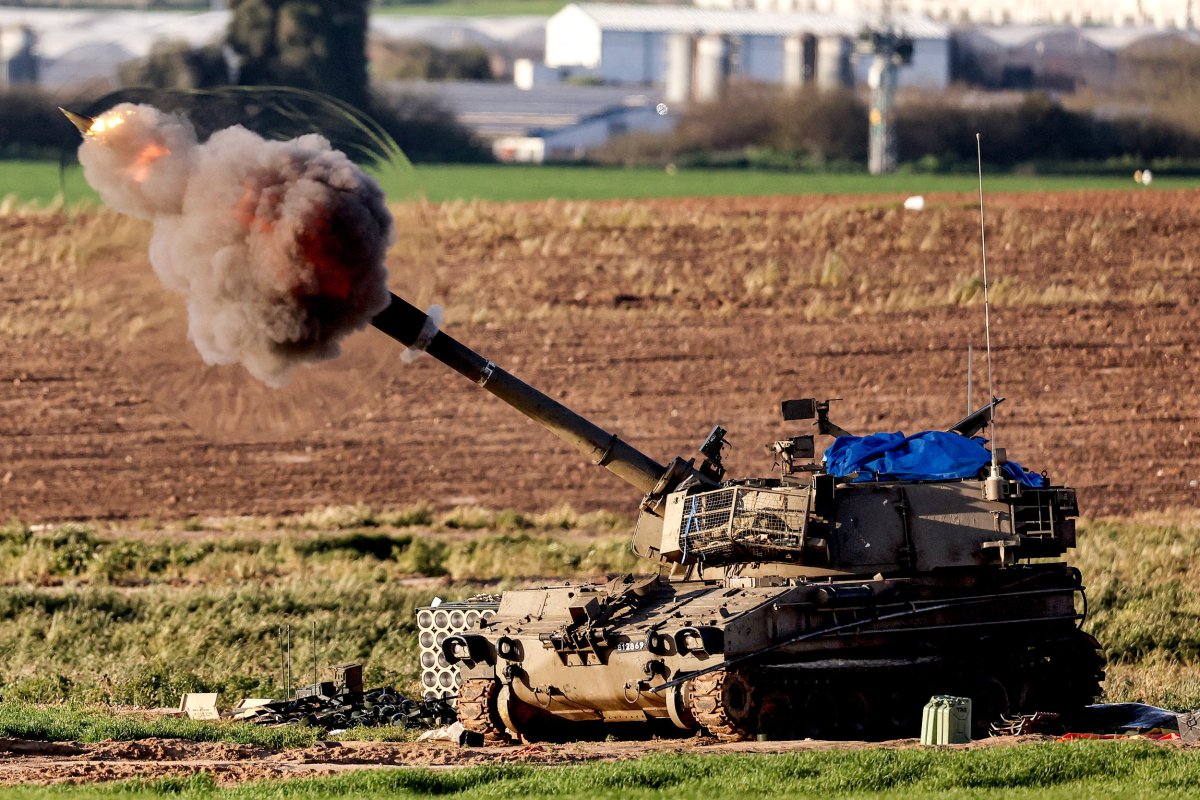Yaakov Katz
On March 27, 2002, a Palestinian suicide bomber disguised as a woman walked into the Park Hotel in the Israeli seaside town of Netanya and blew himself up. Thirty Israelis who had just sat down for the festive Passover Seder were killed in the horrific attack.
The terrorist had come from the West Bank city of Qalqilya and the bombing came after a month which saw more than 100 Israelis murdered by Palestinians in cold blood in attacks across the country. Then-Prime Minister Ariel Sharon decided that enough was enough and that same evening ordered the Israel Defense Forces to come up with a plan to change the paradigm. Two days later he gave the green light to launch a full-scale offensive in the West Bank known as Operation Defensive Shield.
The high-intensity stage of the 2002 operation lasted for just a few months. However, the results of the offensive, which saw the Israeli military return to all the Palestinian cities it had evacuated a couple of years earlier as part of the peace process, have been felt now for almost 22 years. In late January, for example, the whole world got to watch security footage of a group of Israeli commandos disguised as Palestinians covertly enter a hospital in the West Bank city of Jenin where they eliminated three alleged Hamas terrorists.
 A shock wave erupts as a projectile exits the barrel of an Israeli army self-propelled artillery Howitzer firing rounds from southern Israel toward the Gaza Strip on Jan. 31.JACK GUEZ/AFP VIA GETTY IMAGES
A shock wave erupts as a projectile exits the barrel of an Israeli army self-propelled artillery Howitzer firing rounds from southern Israel toward the Gaza Strip on Jan. 31.JACK GUEZ/AFP VIA GETTY IMAGESThat operation—as well as the countless others that the IDF carries out almost every night in some other part of the West Bank—are the results of Operation Defensive Shield from 2002. Israel did not defeat Hamas and Islamic Jihad terrorism back then. What it did was create a new security reality in which it can continue to fight terrorism with freedom when and where it wants to.
This is worth keeping in mind when thinking about a possible end to the ongoing war in Gaza. Currently, a ceasefire deal is being brokered by the Qataris, and could be reached any day.
While the West tends to look at conflicts like the Gaza war and expect a victory for one side and a defeat for the other, that will unfortunately not be the case here. Terrorist groups like Hamas cannot be completely destroyed since their ideology will live on long after the fighters are dead.
Instead, what Israel can do now is similar to what happened in 2002. The ground offensive has destroyed significant Hamas infrastructure and killed, according to the IDF, more than10,000 Hamas combatants in the last four months. What Israel has essentially done is create the conditions needed to be able to continue to operate in the Gaza Strip in the weeks, months, and years ahead, just as the IDF has been doing since 2002 in the West Bank. Basically, Israel has gained for itself operational freedom.
The consequences of this are wide ranging. What this means for Israel is that it will need to continue to fight for years to come. This is hard for society to come to terms with. IDF soldiers will need to go on raids into Gaza like they go on raids into the West Bank. These missions will be dangerous, but they will be needed to keep Hamas at bay and from reestablishing the infrastructure needed to once again attack Israel like on October 7.
What it means for the world is no less significant. To put it simply, the United States and Europe will not like this. They will claim—like they do about the West Bank—that IDF operations undermine the independence and authority of whatever Palestinian group takes control of Gaza "after" the war.
The world will need to understand that Israel does not have a choice. The war, forced on Israel by the brutal Hamas massacre of more than 1,200 people, changes the way that the Jewish state will conduct security going forward.
Israel no longer believes in the idea that high and thick fences will protect it or contain a threat like Hamas. Today it understands that security is something that requires a strong offense just as much as it requires a powerful defense. This is what needs to come out of the war.
Yaakov Katz is a senior fellow at JPPI, a global think tank for the Jewish people, and the author of Shadow Strike: Inside Israel's Secret Mission to Eliminate Syrian Nuclear Power and Weapon Wizards: How Israel Became a High-Tech Military Superpower.
The views expressed in this article are the writer's own.
No comments:
Post a Comment